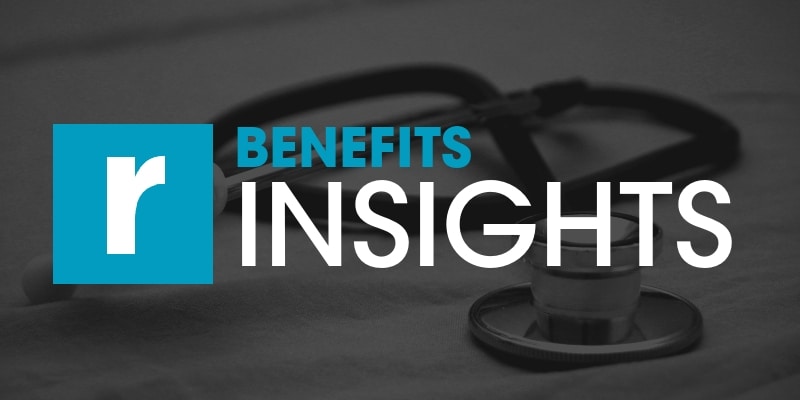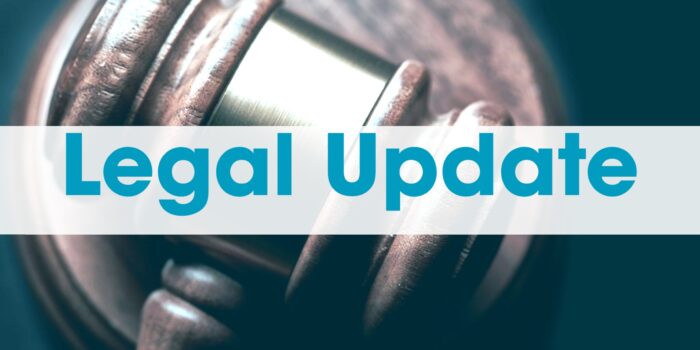02 Apr The Benefits of Providing Pet Insurance
[wpseo_breadcrumb]
Since benefits packages are aimed to help employees lower important costs, it makes sense that pet insurance is trending upward—individuals spend thousands on their pets every year, after all.
Pet insurance helps lower those expenses in a number of ways. Depending on the plan, it may cover vet exams, vaccinations, chronic conditions, injuries and flea treatments. And when a pet needs emergency care, the safety net of pet insurance can save an individual from needing to choose between their wallet and their furry friend.


 Pet insurance has been a trendy benefit offering in recent years, with around a third (34%) of employers providing some version of this benefit, according to a Willis Towers Watson survey.
Pet insurance has been a trendy benefit offering in recent years, with around a third (34%) of employers providing some version of this benefit, according to a Willis Towers Watson survey. Since March 2020, the Federal Motor Carrier Safety Administration (FMCSA) has provided emergency exemptions and waivers for regulations to support COVID-19 emergency relief efforts.
Since March 2020, the Federal Motor Carrier Safety Administration (FMCSA) has provided emergency exemptions and waivers for regulations to support COVID-19 emergency relief efforts. Washington Insurance Commissioner Mike Kreidler recently issued a temporary emergency
Washington Insurance Commissioner Mike Kreidler recently issued a temporary emergency  On Dec. 22, 2020, the U.S. Department of Labor (DOL) published a
On Dec. 22, 2020, the U.S. Department of Labor (DOL) published a